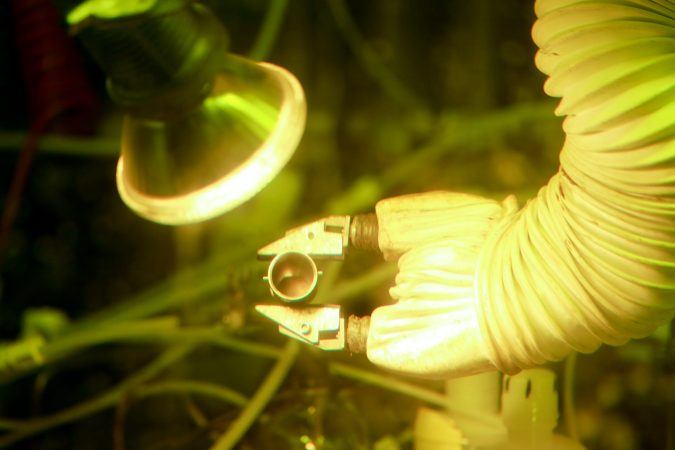

This week, two separate cases of sexual harassment within the field of astronomy were brought to public attention, making for a total of three high-profile cases since October.
Congresswoman Jackie Speier of California brought one of the cases to attention on the House floor Tuesday. The University of Wyoming’s Timothy Slater, endowed chair of science education, was found to have violated sexual harassment policies while teaching at the University of Arizona in 2004, allegedly holding meetings in strip clubs and telling a female graduate student that she would teach better if she did not wear underwear, among other things. He underwent sexual harassment training and stayed at the school for another four years. He then got the job at UW, although the university did not receive or review the investigation against him, according to Mashable.
The same day, Buzzfeed reported that Christian Ott, an astrophysics professor at the California Institute of Technology, violated the school’s harassment policies with two different graduate students. The university responded by placing Ott on unpaid leave for one year, according to a statement from the president and provost.
And in October, Buzzfeed broke another such story, reporting that the University of California, Berkeley found astronomy Professor Geoffrey Marcy guilty of violating the school’s sexual harassment policy with four separate students. He was let off with a warning.
Speier wrote in a letter to the U.S. Department of Education, “In some ways, the situation is reminiscent of the Catholic church’s coddling of child-molesting priests. As in the church, universities protect perpetrators with slap-on-the-wrist punishment and secrecy, while victims are left alone to try to put their academic careers and lives back together.”
People within the field of astronomy and other STEM (Science, Technology, Engineering, Math) fields have taken to Twitter to share stories, offer support and discuss the issue with the hashtag #AstroSH (“SH” for sexual harassment).
Some questioned the punishments issued by universities:
Others noted that many stories of sexual harassment likely remain untold, as the price women pay for coming forward may be too high to bear:
Still others called on bystanders within the field to do their part to fight the issue:
A NASA scientist weighed in, as did the division of Physics, Mathematics and Astronomy at Caltech:
And some simply thanked victims for coming forward or commended the women in the field:
Speier encouraged anyone who has experienced sexual harassment in the STEM fields to call her office. As she put it, “It’s time to stop pretending sexual harassment in science happened a long time ago in a galaxy far, far away.”















